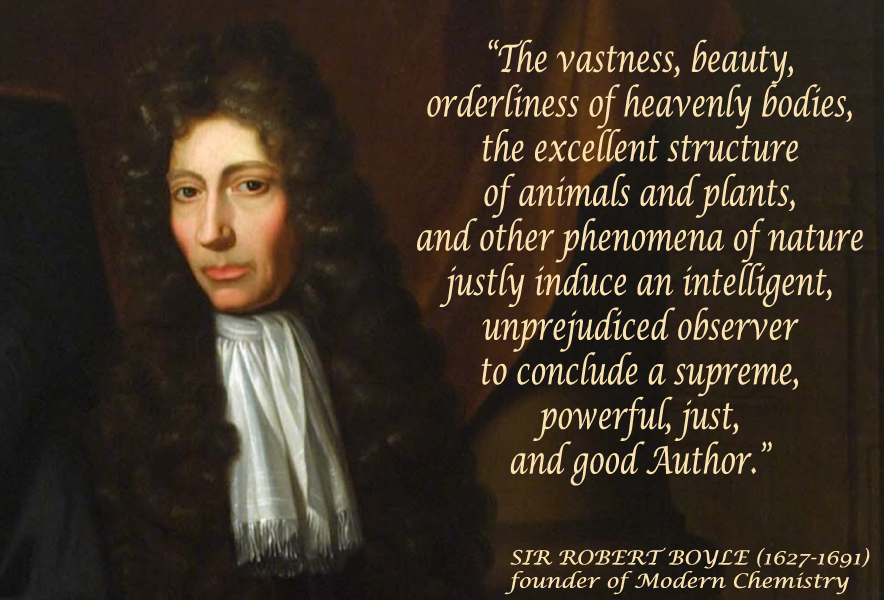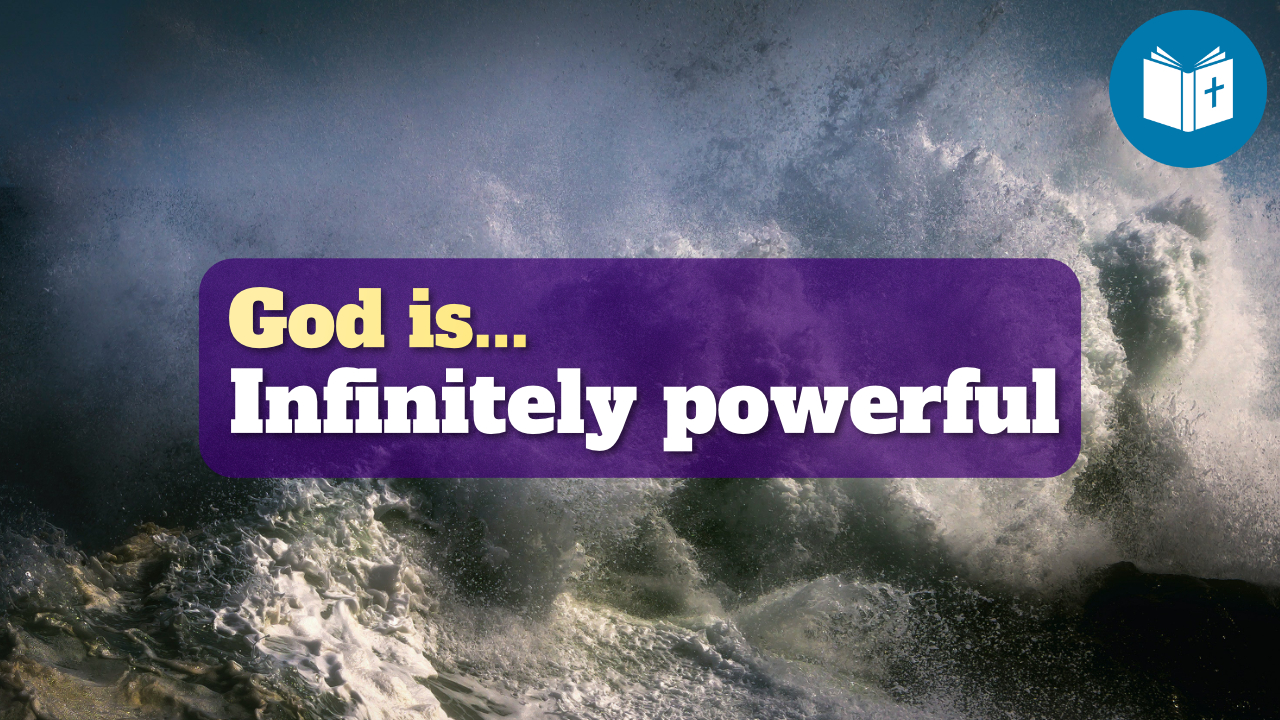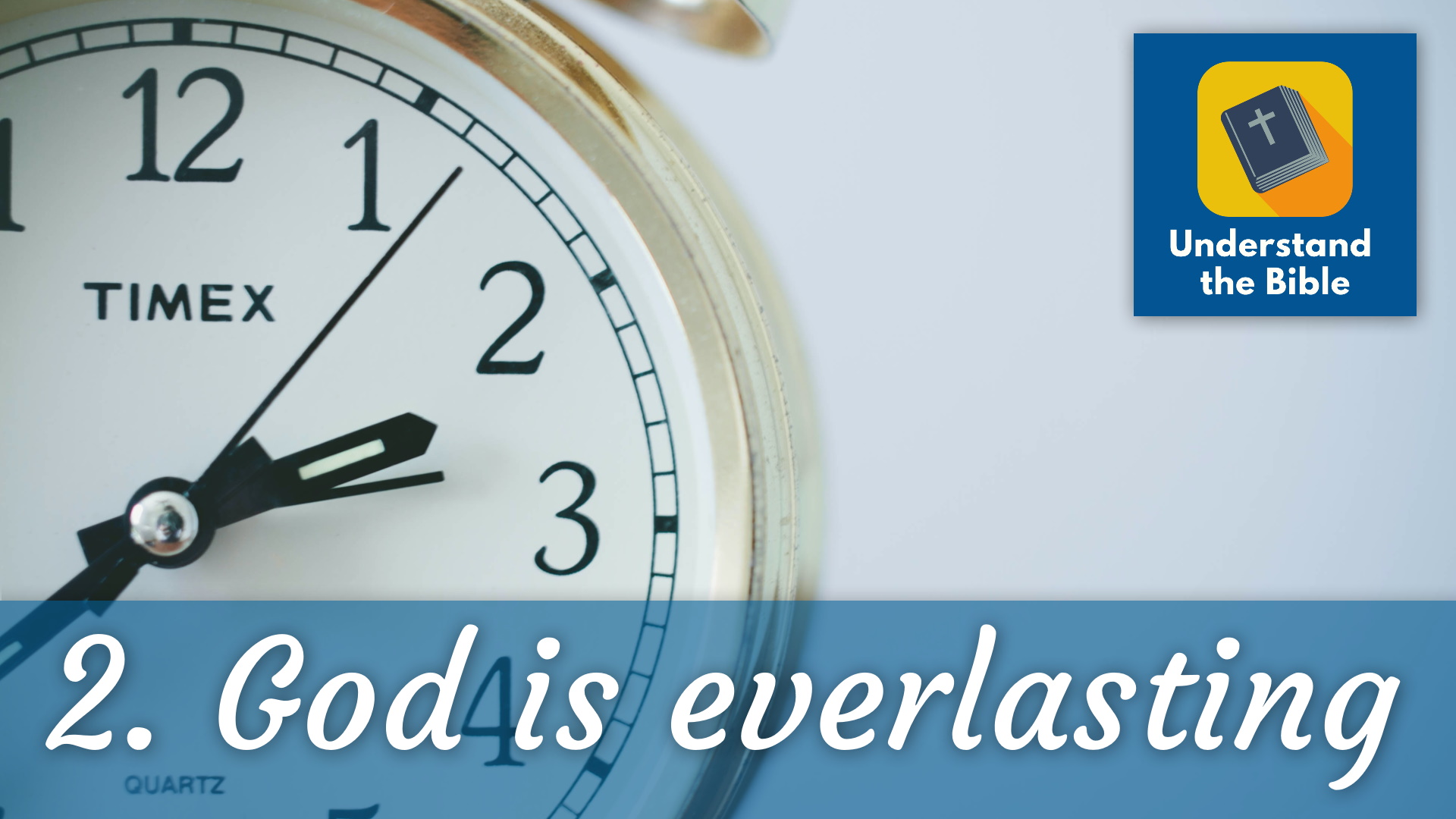The sixth part of our Get to know God series looks at God’s omnipotence – the fact that he is infinitely powerful. I don’t know about you, but I’ve found the last couple of sessions have dealt with some pretty tough concepts. This week is, I hope, slightly less tough in that respect. But that doesn’t mean there isn’t plenty here to get your head around – and plenty to be encouraged by. Let’s look into it. We’ll start out by drawing out a few points from the Bible, and then we’ll think about what it means for us.
What does the Bible say?
No-one is powerful like God
No one is like you, Lord; you are great, and your name is mighty in power.
Jeremiah 10:6
The Bible often describes God’s power as being incomparable. Nothing else in all creation could come anywhere close to matching his power. His power is often seen in the things that he does.
God’s power is supremely displayed as the Creator
Jeremiah 32:17 says: “‘Ah, Sovereign Lord, you have made the heavens and the earth by your great power and outstretched arm. Nothing is too hard for you.” The Bible often associates God the Creator with his power. If you look at the vastness of creation, and yet the intricacies of human life, you can’t help but be amazed. In fact, many scientists through the years have found themselves in awe of the Creator as they have studied his creation. One such example is Robert Boyle.

Psalm 147:4 says “He determines the number of the stars and calls them each by name.” Think about that for a second: not only did God make all the stars, but he also gave them all names!
I was looking to find out how many stars there were in the universe, and I came across this page which says:
Though humans have named a few constellations of stars, from Orion to the Big Dipper, in reality, there are many more stars in the universe than could ever be given names.
Scientists have discovered there are more stars in the universe than could ever be given names. And yet, God made each star and has given each one a name.
God is bigger than the nations
One of the big messages of the Bible is that God is powerful even over the nations. One of the most famous passages in the book of Isaiah is chapter 40. It’s worth reading in full, but let me quote just three verses (15, 23-24):
Surely the nations are like a drop in a bucket; they are regarded as dust on the scales; he weighs the islands as though they were fine dust. He brings princes to naught and reduces the rulers of this world to nothing. No sooner are they planted, no sooner are they sown, no sooner do they take root in the ground, than he blows on them and they wither, and a whirlwind sweeps them away like chaff.
Compared to God, the nations are ‘like a drop in a bucket’. God is able to make them flourish and wither like they’re nothing more than chaff. This is a message that Nebuchadnezzar, King of Babylon, needed to be taught. When he had become a bit too big for his boots, God humbled him. He said: “You will be driven away from people and will live with the wild animals; you will eat grass like the ox. Seven times will pass by for you until you acknowledge that the Most High is sovereign over all kingdoms on earth and gives them to anyone he wishes” (Daniel 4:32). This is something backed up in the book of Proverbs: “In the Lord’s hand the king’s heart is a stream of water that he channels towards all who please him” (Proverbs 21:1).
The cross is the ultimate demonstration of God’s power
The ultimate example of God’s power over even the nations was displayed at the cross. As we’ve talked about before, this is clear from the whole Bible. Let’s just take one example from the New Testament. This is part of a prayer from the early believers in Acts 4:
Indeed Herod and Pontius Pilate met together with the Gentiles and the people of Israel in this city to conspire against your holy servant Jesus, whom you anointed. They did what your power and will had decided beforehand should happen.
Acts 4:27-28
It’s very clear from the Bible that God had a very different view of the cross than the nations. They thought they were putting Jesus to death, but it turned out they were accomplishing God’s will. By God’s power, their actions actually served to further his purposes. Take a moment to think about that. It’s amazing, isn’t it?
What does God’s power mean for us?
God keeps his promises

One of the most important lessons we need to learn from God’s power is that he keeps his promises. God always keeps his promises! That’s because nothing is able to stop him from keeping his promises.
This has been the experience of God’s people through every generation. For example, as Joshua 21:45 says, “Not one of all the Lord’s good promises to Israel failed; every one was fulfilled.” God fulfilled every promise to his people in the Old Testament, and he will do the same for all those today who trust in his promises.
It’s important for us to understand this because human promises are often not like that. For example, let’s say I promise to buy my wife a meal from a fancy restaurant. We get dressed up ready to go, get in the car … then find that the car won’t start. Even when we ourselves want to keep our promises, sometimes we can’t due to circumstances beyond our control. Our power is limited. God’s power is infinite! There is never a situation which is beyond his control.;
A brief reminder of God’s promises
I thought it might be helpful to include a brief reminder of some of God’s promises that he makes to us:
- God is good, compassionate, and always faithful. We can trust him to always do the right thing in every situation. (We’ll come onto God’s goodness more in the next session).
- God gives us strength when we are feeling weak. He is the helper of the helpless. He is near to us when we go through difficult times. And he will never leave us or abandon us.
- He promises to provide the things that we need day by day. He also promises to lead us and direct us in the right ways.
- Jesus promised to always be with us, to be the light of our lives, to give us eternal life.
- God promises to hear our prayers and answer them.
You might like to have a look at the full list, do read all the Bible verses.
But here’s the thing: all these things are true, not simply words, because of God’s power. We know that, because God is infinitely powerful, there is nothing which can stop him from keeping his promises to us.
God can answer our prayers

God answers prayer. There is no doubt about it.
There are many examples in the Bible of God answering prayer. One of the most famous is Elijah and the prophets of Baal. You can read about the whole incident in 1 Kings 18. Essentially, Elijah organised a contest between him and the prophets of Baal to see who was the real God. The real God had to light the altar which they had made. The prophets of Baal prayed to their God – they even cut themselves and drew blood – nothing happened. Elijah simply prayed – no theatrics – and his prayer is answered. As the New Testament puts it: “The prayer of a righteous person is powerful and effective” (James 5:16).
We don’t have the space to go into all the ins and outs of prayer – if you want to find out more you might be interested in the How to Live as a Christian course, where there is a session on prayer. The third part of the Heidelberg Catechism course also goes through the Lord’s Prayer, starting with this session on why we pray.
The only point I want to make here is that God can answer prayer, because he is powerful. When we pray, if you don’t receive the answer you want, it’s not because God isn’t powerful enough – whatever you asked for.
God is powerful enough to do anything
I think one of biggest hindrances in prayer is that we simply don’t think God is powerful. J.B. Phillips once wrote a book called, “Your God is Too Small”. There he outlines the ways in which we think of God which are often inadequate. Although he was writing many years ago, I think his criticism is still true today: we often think of God as too small. We simply don’t realise that we are praying to a God of power who can do literally anything. There are many verses in the Bible which talk about this.
Jesus looked at them and said, ‘With man this is impossible, but not with God; all things are possible with God.’
Mark 10:27
All things are possible with God. Just think for a moment about what our prayer life might look life if we really believed that God could do all things. We have limitations, but God has no limitations. There can be no barriers to his power. Think about what he could do in us!
This is one of my favourite passages in the Bible:
Now to him who is able to do immeasurably more than all we ask or imagine, according to his power that is at work within us, to him be glory in the church and in Christ Jesus throughout all generations, for ever and ever! Amen.
Ephesians 3:20-21
I think it’s wonderfully encouraging to spend a few minutes dwelling on God who can do “immeasurably more than all we ask or imagine”. When we pray, do we ask for fairly mundane things? Or do we ask things which only God can do?
Here’s a suggestion for you – try asking God to expand your imagination to see what you could ask for. We truly need God to transform our imaginations, so we can understand what he could do!
Further Reading
- You might enjoy the book I mentioned by J.B. Phillips, Your God is Too Small.
- If you’re looking for something about prayer, you might enjoy A Call to Spiritual Reformation by Don Carson.
- Another book which goes into more detail about how knowing God links to how we pray is Prayer and the Knowledge of God by Graeme Goldsworthy.
- Finally, Thomas Watson’s chapter on the power of God from A Body of Divinity.





